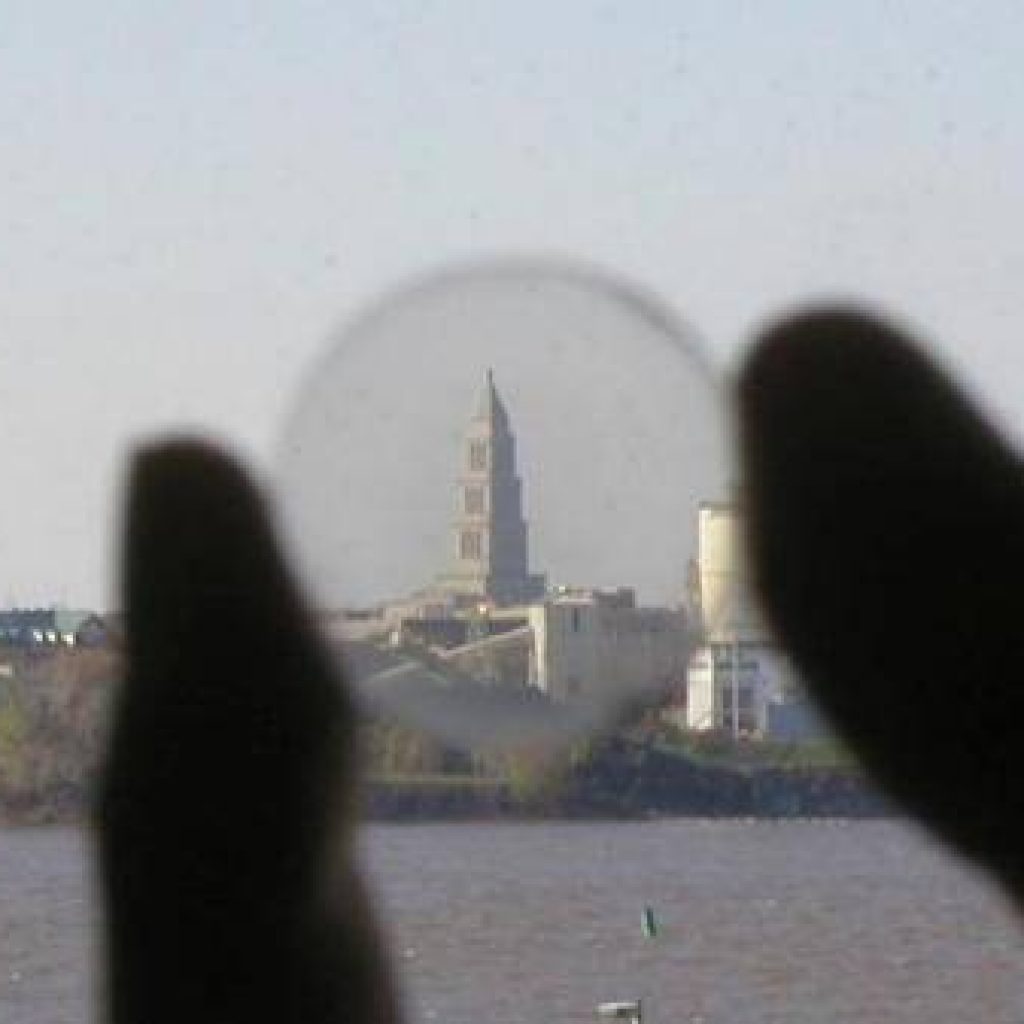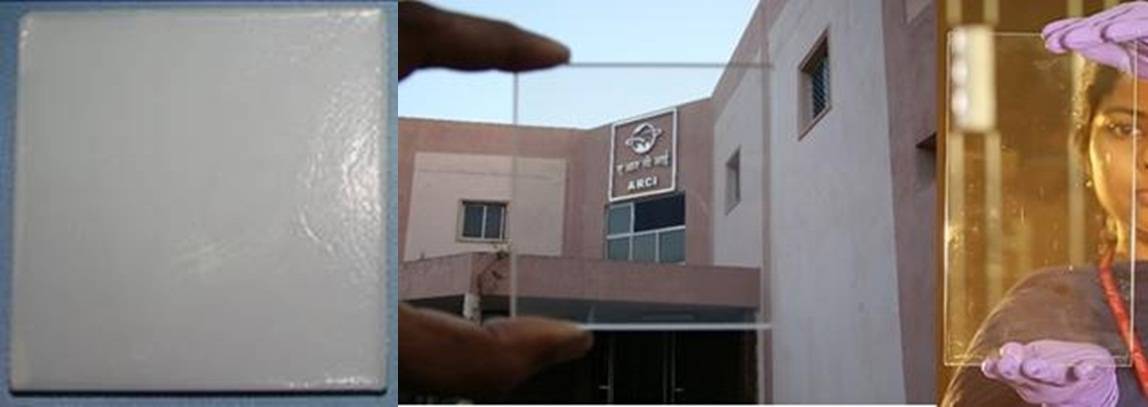Transparent ceramics is a new class of advanced materials with unique transparency and excellent mechanical properties…reports Asian Lite News.
Reaching theoretical transparency through a technique called colloidal processing followed by simultaneous application of temperature and pressure, Indian researchers have – for the first time – developed transparent ceramics.
The material can be used for thermal imaging applications, especially in harsh service conditions and personal protection systems such as, helmets, face shields, and goggles, a Ministry of Science & Technology release on Wednesday said.
Transparent ceramics is a new class of advanced materials with unique transparency and excellent mechanical properties. These materials can be designed not only for transparent to visible light but also for ultraviolet, infrared, and radio frequency, giving opportunity for diverse applications.
Though produced by different countries globally, transparent ceramics are restricted in supply as they can be used for strategic applications. Though several attempts were made in the country, the transparent ceramics produced were either on a laboratory scale or low transparency. “Currently developed process is able to produce the sizes usable for several applications and on a pilot scale,” the release claimed.
Generally, prepared from the high purity powders through a line of critically engineered processing steps, transparent ceramics needs preparation processes that will help achieve theoretical transparency by eliminating defects. Chemical vapour deposition, involving reactions of the precursors in the vapour phase at elevated temperatures, and hot isostatic pressing (HIP) involving simultaneous application of temperature and pressure are a few advanced processing techniques generally practiced to address the above challenges. An enhanced diffusion process at high temperature under pressure is suggested as the possible mechanism to eliminate the defects.
Researchers at the ARCI have produced magnesium aluminate spinel ceramics with colloidal processing followed by HIP technique.

“Spinel is currently emerging as a transparent ceramic based on the outstanding optical properties of transmission – more than 75 per cent in the visible and more than 80 per cent in the infrared range. It also has higher strength of 200 megapascal and hardness of more than 13 Gigapascal,” the research regarding the development, published in the journal ‘Materials Chemistry and Physics’ recently, said.
With potential applications in infantry personal protection systems involving thermal imaging such as helmets, face shields, and goggles, these transparent ceramics developed in India is a step towards Atmanirbhar Bharat, the release said.
ALSO READ-Jamia a ‘second family’ for over 200 civil servants
READ MORE-Never miss these skyscrapers in Dubai












